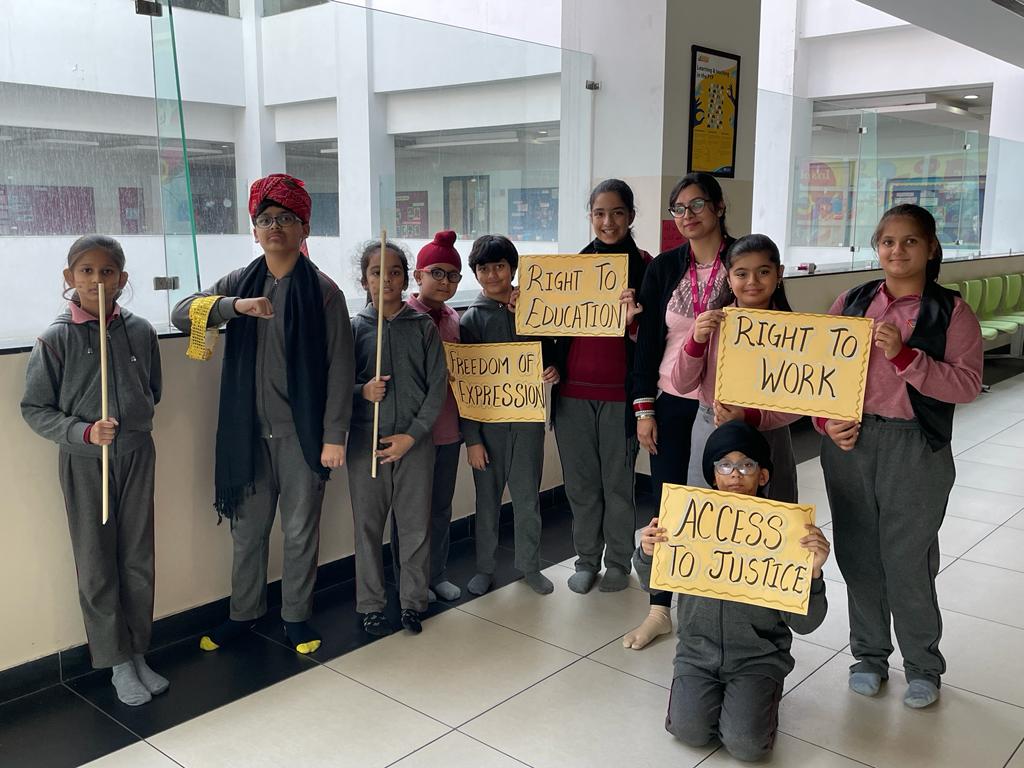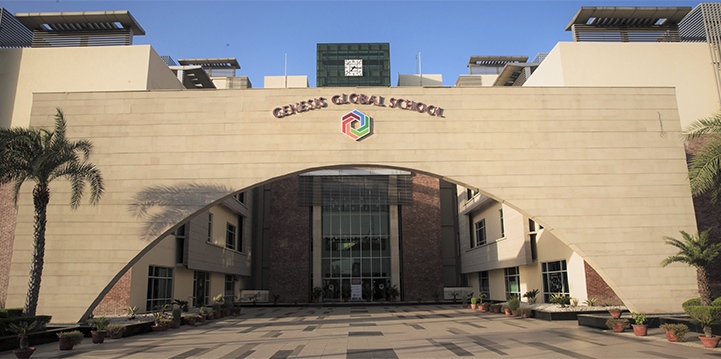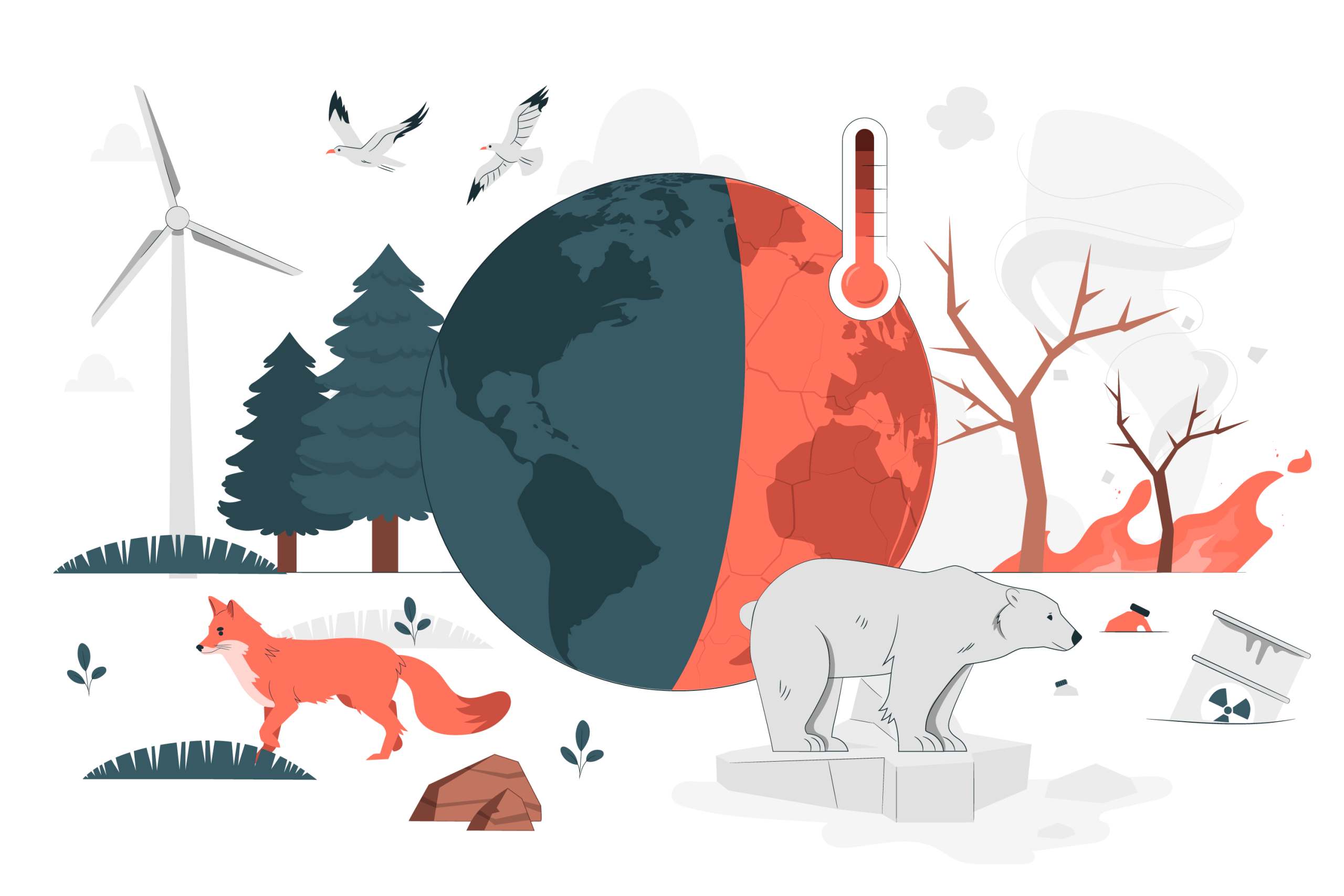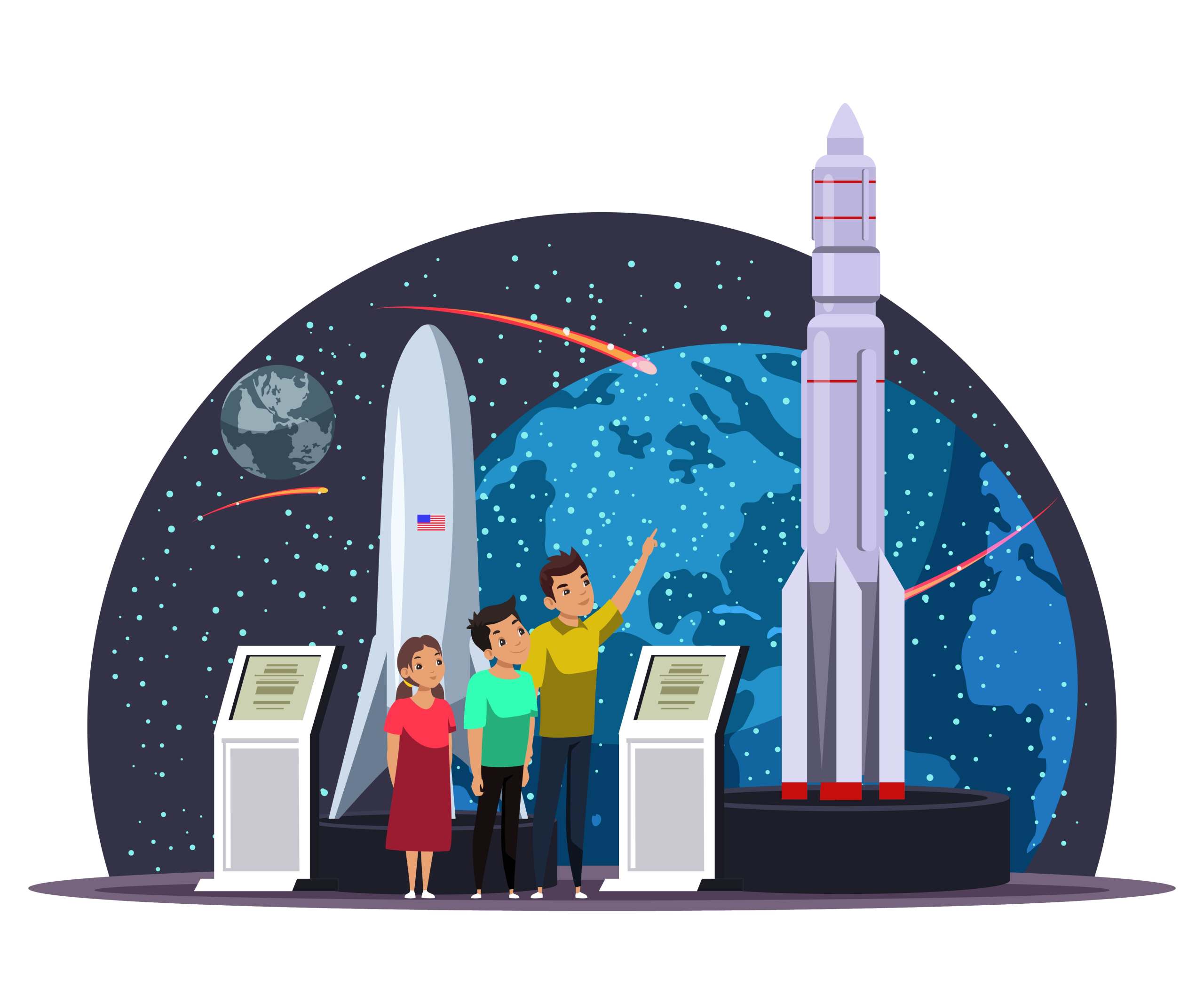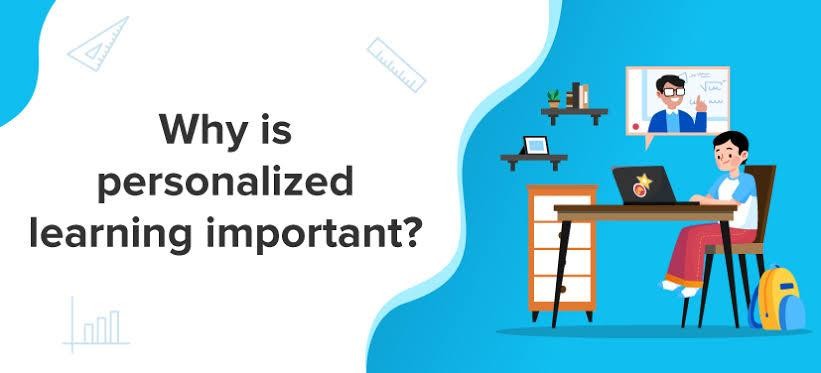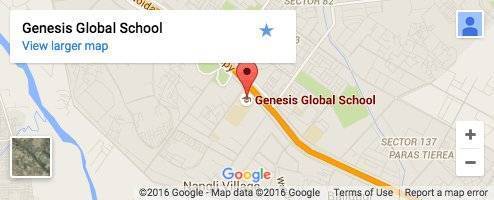Delivering Quality Education to Revolutionize the System

The traditional education systems in India are already becoming a thing of the past, with the G20 New Delhi Leaders’ Declaration: Delivering Quality Education which aims for a more equitable, accessible and skill- -oriented immersive education. With 21st-century skills and life skills gaining more credence over only theoretical learning and degrees in the industry, this new move is expected to make education in India more meaningful and impactful, especially for the marginalized sections. Consideration of such reforms is especially relevant when choosing an educational path for your child, such as enrolling them in a Delhi boarding school, which often provides a more holistic and immersive approach to education, aligning with these evolving educational paradigms.
Living in a world that demands constant learning, adapting to changing dynamics, and dealing with unforeseen challenges is not easy. The past decade has emphasized the need to prepare for the VUCA (volatility, uncertainty, complexity, and ambiguity) world, to envision a brighter future compared to previous decades.
To be future-ready, individuals must acquire the ability to think and operate with greater integration, considering the intricate connections and relationships among conflicting or incongruous concepts, logics, and stances, spanning both immediate and long-term viewpoints. In essence, they need to cultivate the skill of thinking like system theorists.
These observations have been made in the Future of Education and Skills 2030 project by the Organization for Economic Co-operation and Development (OECD).
The New Delhi Declaration focuses on harnessing technology, being more inclusive, tapping emerging trends, focussing on upskilling and reskilling and high-quality Technical and Vocational Education and Training.
Assessing the Impact on Current Education Models
Foundational Learning Matters: Literacy, numeracy and socio-economic skills have found reckoning in the education system wherein learning while having fun is the new way to introduce young students to various subject concepts. Through this concept, we can develop their social, emotional and cognitive skills while giving them an open platform to explore, experiment and learn not only from the education they are receiving but also from their peers and environment. This includes skills like reading, writing, recall, holding a textbook, the ability to map letters, combination sounds, etc.
Bridging the tech divide: Many schools and educational institutions have gone on the technological path by introducing subjects like Coding, Robotics and others that encourage analytics and critical thinking skills among the students. This not only provides an ease of learning the emerging and current technologies and related tools but also encourages them to have a more solutions-oriented mindset and sharpen their problem-solving skills. This also includes project-based assignments that require them to work in groups and learn about collaboration, teamwork, leadership, empathy and multi-disciplinary skills. Schools are creating a level playing field by giving the youngsters access to technology in the junior classes thereby setting a strong base for learning and motivating them to excel.
Skills that will continue to matter: Despite the challenges of a growing environment and the changing nature of the industry and careers, certain skills that will continue to matter. Some of the skills are listed below:
1. Cognitive Skills – Creativity, originality, reasoning, critical and analytical thinking and complex problem-solving.
2. New-Reality Skills – Negotiation kindness, gratitude, mindfulness besides domain expertise.
3. Workplace Skills – Ability to work with new people remotely, adaptability, agility, risk-taking and risk management, critical and analytical skills.
Being up to date: Reboot, constantly. That’s the new mantra that is already manifesting itself as boarding school and educational institutions are incorporating AI to not just train and upskill their teachers and make the learning experience more rewarding for the students, but also create schedules to better manage their time. Even students will continue to learn beyond classrooms and get an opportunity to explore, experiment and learn new skills with project-based learning and immersive learning technologies which make education more interesting and fun.
Perhaps, the biggest game-changer will be an increased emphasis on multi-disciplinary learning as collaboration, communication & and connectivity will become a staunch stronghold for education which is more inclusive and gives an equal opportunity to everyone. Blended and personalized learning will also get a leg up wherein students get to learn at their own pace, with customized lesson plans more adaptive and interactive pedagogies and change in assessment parameters that recognize diversity of talent.
As the G20 New Delhi Leaders’ Declaration outlines, the transformation in India’s education system is of particular relevance to schools with hostels in Delhi. This paradigm shift emphasizes not only theoretical learning but also practical, skill-oriented education. Boarding school play a pivotal role in this evolution by incorporating emerging trends, fostering inclusivity, and promoting high-quality Technical and Vocational Education and Training.
Popular Posts
Recent Posts
Archive
- January 2025
- December 2024
- November 2024
- October 2024
- September 2024
- August 2024
- July 2024
- June 2024
- May 2024
- April 2024
- March 2024
- February 2024
Newsletter
 A1 and A12, SECTOR-132,EXPRESSWAY, NOIDA (201304)
A1 and A12, SECTOR-132,EXPRESSWAY, NOIDA (201304)
 +91-9711000498 / 560 / 625 / 626
+91-9711000498 / 560 / 625 / 626
 info@genesisgs.edu.in
info@genesisgs.edu.in
- Contact Us
- Address
- Mobile Number
- +91-9711000498 / 560 / 625 / 626
- info@genesisgs.edu.in
© Copyright 2018, all rights reserved with Genesis Global School

